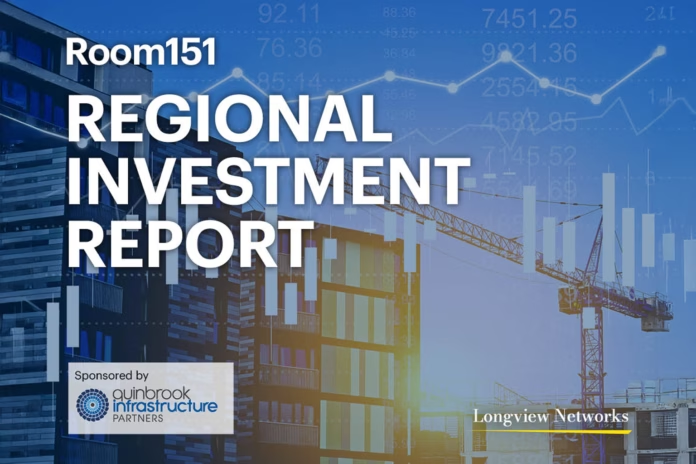A London borough’s pensions chief has called on all Local Government Pension Scheme pools to sign up to a new transparency code designed to help individual funds make better investments.
As of this week, 65 fund managers are signed up to the code, which requires signatories to provide details of their fees and charges. However, only two LGPS pools have so far committed to the code.
Andrien Meyers, head of treasury and pensions at London Borough of Lambeth, said that unless LGPS pools sign up to the code, local authorities will only see aggregate pool data reported by managers instead of information about the performance of their own investments.
Speaking at the Pensions and Lifetime Savings Association (PLSA) local government conference, Meyers said: “From a fund perspective it is vital that it is not just the managers that are signed up to the code but the pools are signed up to it.”
He added: “In a pooling world, the manager doesn’t report to the fund, they report to the pool.
“So, when a manager completes the template, they are completing it for all the funds they look after for the pool.
“That doesn’t help me as a fund. I don’t want to know manager A looks after x billion for the pool, and we have completed the template for x billion.”
He said he wanted to see data from managers that directly related to Lambeth.
“That helps me make an informed decision,” he said.
Of eight pools, the two signed up are Brunel Pension Partnership and Local Pensions Partnership.
Commenting during the same session, Jeff Houston, head of pensions at the Local Government Association, said that the 65 managers currently signed up to the code manage £164bn of the total £260bn in LGPS assets.
He said that out of the 242 managers that are yet to commit, 158 have just one LGPS client. Only one listed manager has failed to sign up, Houston said.
He added the data gathered through code templates completed by fund managers could allow comparisons between LGPS funds in the future.
Houston said: “We know there would be a cost involved but there is the potential to say to funds, ‘Do you want to use that data to look at how you are doing against the whole LGPS universe?’
“If we get to that point, and if someone is doing it for the private sector, could those systems start talking to each other?”
However, Tim Giles, head of UK investment consulting at pension administration firm Aon Hewitt, said that in areas of the private sector investment market where comparison data is available, fees have been driven down.
But he warned about the dangers of a simplistic analysis of fee data.
He said: “Net return is not the only measure of value for the investor. There are things like asset security, risk management and even relationships. Those things are harder to measure, and value, but are important elements.
“There is a worry that if you get too much focus on cost you will end up with some strange results; you will possibly enter a drift towards passive and smart beta-type arrangements, which might not be the best thing for everyone.”
Houston said that the LGA has been working with the Chartered Institute of Public Finance and Accountancy (CIPFA) on changes to LGPS accounting requirements resulting from the introduction of transparency data.
“Some of it is finding out direct costs that are not going into your accounts that should be; things like carried interest in PE,” he said.
“The indirect stuff can’t go in the accounts because of the accounting rules but we are going to be asking that it goes in the report.
“So, effectively the annual report will have a summary of direct costs and indirect costs coming from the transparency work. The direct costs in the report should be the same as the direct costs in the accounts.”












